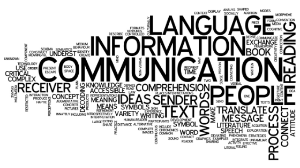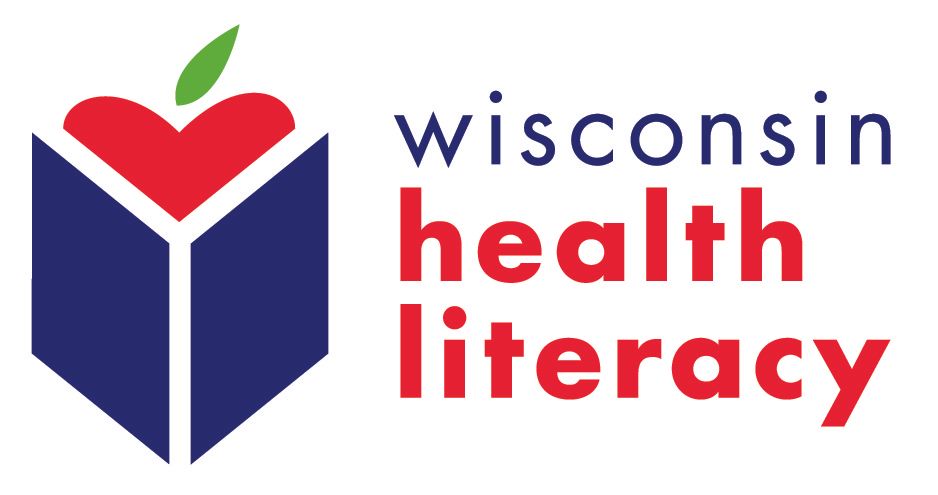
When is the last time miscommunication caused you extra work or strained a relationship?
In this new year, commit to clearer communication and fewer headaches!
Follow 5 plain language strategies to:
- get your message across faster.
- motivate your readers to act quickly and accurately.
- reduce the time you spend prompting, clarifying and correcting.
1. Put the most important information first.
What do your readers need to do? Start with that.
Many of us scan messages, paying most attention to the first two lines. Put your call to action in the first sentence, so readers who only scan the beginning of your message will still know what do.
For example:
Instead of: “In an effort to make sure all volunteers feel prepared and confident, we ask all new tutors to register for the New Tutor Orientation.”
Try: “Please register for the New Tutor Orientation. You will learn concrete strategies to prepare for lessons with your learner.”
2. Use pronouns “you” and “we” to motivate individual readers.
Whether you’re writing for 1 or 1,000, address your individual readers directly. Each person in your audience will know the message is meant for them.
For example:
Instead of: "All tutors are required to submit the January Tutor Report by the 5th of February. Volunteer-reported data is a key part of agency funding reports."
Try: “Please submit your January Tutor Report by February 5, 2020. Your report helps us demonstrate outcomes to program funders.”
3. Use active voice, not passive.
With active voice, a subject performs an action: “Instructors submit attendance after class.” In passive voice, it’s not always clear who is doing what: “Attendance is submitted after class.”
Clearly state who should do what, so there’s no room for misunderstanding.
For example:
Instead of: “The classroom is to be locked, with lights off, each night.”
Try: “Turn the lights off and lock the door if you teach the last class of the day.”
4. Use common, everyday words.
Write a message every reader can understand and act on the first time they read it.
For example:
Instead of: “I hereby grant authorization to [Literacy Agency] to conduct a review of my criminal history.”
Try: “I give [Literacy Agency] permission to check my criminal history.”
5. Simplify.
Take out words that are repetitive or unnecessary.
For example:
Instead of: “Because you are studying with a volunteer tutor who is donating time to help and support you with your educational goals, it’s extremely important that you arrive on time to all classes or call to notify your tutor if you will be late or need to cancel a lesson for any reason.”
Try: “You must be on time for lessons. Remember, your volunteer tutor is donating their time to study with you. If you need to cancel a lesson or you will be late, call your tutor as soon as possible.”
Related Resources Available from Wisconsin Literacy:
- Virtual plain language training series: https://wisconsinliteracy.org/training/virtual-plain-language.html
Happy Writing!

